RULES AND ORDER
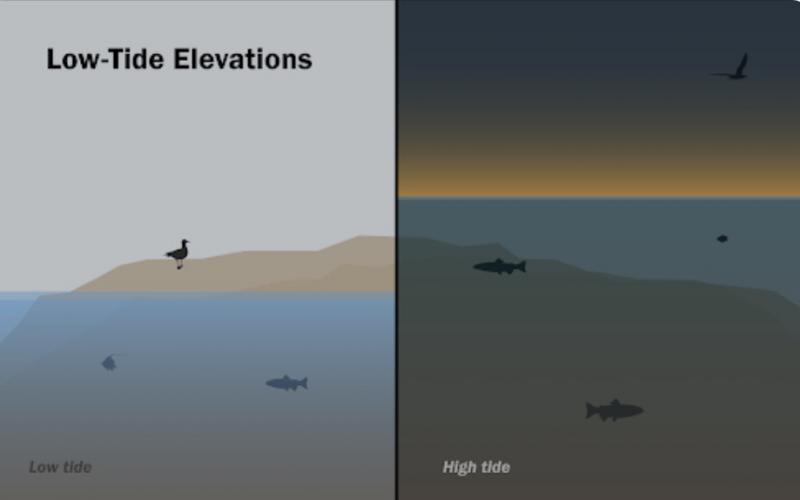
2024-01-26 | BY Zheng Zhihua
The critical examination of the reasoning of arbitral ruling unveils the fragility of its finding regarding the Shoal's nature. The dependence on Philippines' selective and decontextualized claims, alongside antiquated evidentiary material, casts serious doubt on the finding's impartiality and accuracy.
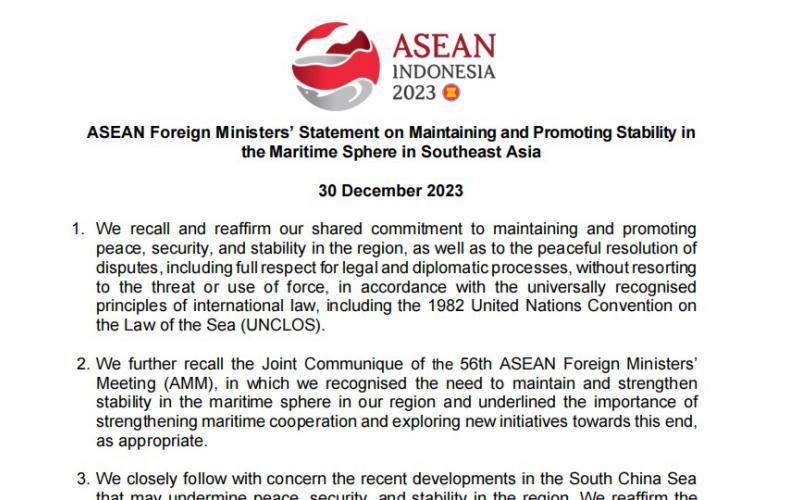
2024-01-14 | BY Lei Xiaolu, Yan Yan
The ASEAN Foreign Ministers’ Statement on 30 Dec. 2023 reveals the position of the regional states on regional maritime rules and the situation in the South China Sea at present as well.[1] The regional maritime rules should respect and protect the common interest of China and ASEAN members, especially the interests of peace, safety, security, stability, and prosperity.
The ASEAN...
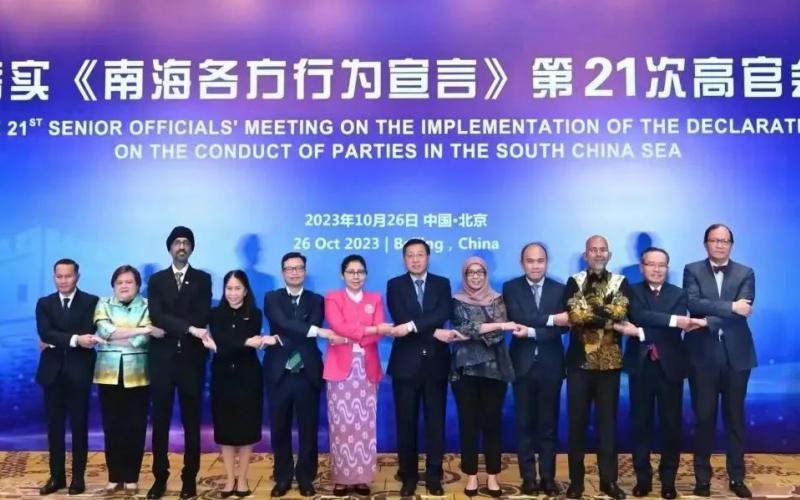
2023-11-24 | BY Hu Xin
This year, with the encouragement and support of extra-regional countries, some claimant countries have taken frequent unilateral and provocative actions, which have aggravated the volatility of the situation in the South China Sea. In this circumstance, China and ASEAN countries urgently need to consolidate and enhance political mutual trust under the framework of the DOC, continue to promote practical maritime cooperation in the South China Sea, contribute to the construction of regional maritime governance, and jointly safeguard peace and stability in the region.
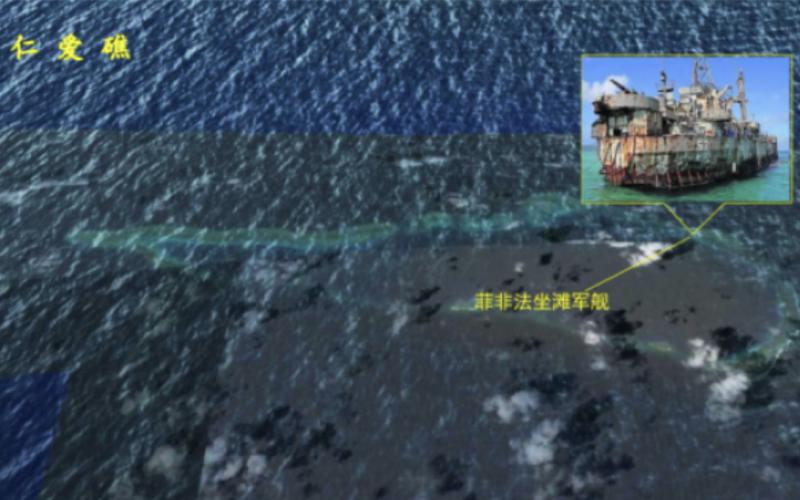
2023-09-14 | BY Chen Xiangmiao
The dispute between China and the Philippines over the Second Thomas shoal reflects one aspect of relevant disputes in the South China Sea, that is, conflicting territorial claims over some islands and reefs of the Nansha Islands, which is beyond the jurisdiction of the arbitral Tribunal for the so-called South China Sea Arbitration. Experience in Asia has proved that sincere and friendly dialogue and consultation between parties directly concerned is the best way to resolve relevant maritime and land disputes. The Philippines should work with China to be a model student of maritime dispute resolution instead of dragging down the development of the regional situation.

2023-07-31 | BY Zheng Zhihua
The South China Sea arbitration ruling is like a Sirens’ Song that mesmerizes Filipinos with its beauty and promise, unleashing conflicting emotions and desires, and driving some to madness and violence. The Philippines is ratcheting up its rhetoric and actions on the South China Sea, with increasingly strident statements, more frequent diplomatic protests, and more aggressive law enforcement measures. The Philippines has given the ruling a new level of significance, with Foreign Minister Manalo declaring on July 12, 2023.
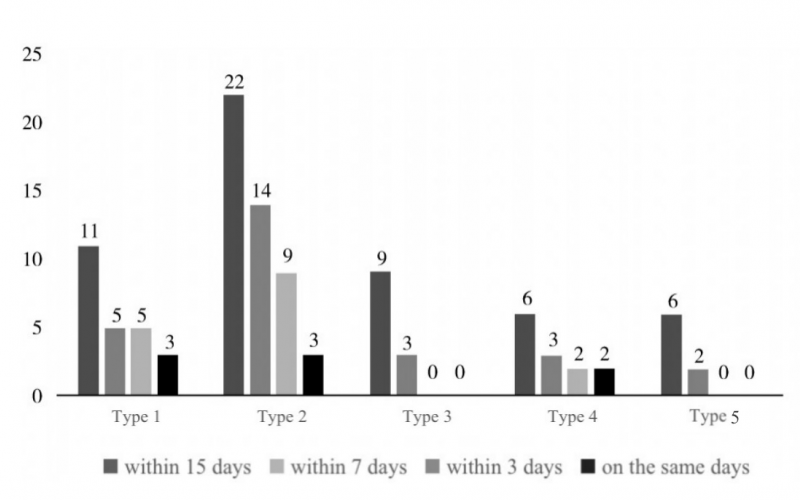
Feature-challenge Freedom of Navigation Operations and the Major Agendas of U.S. Policy toward China
2023-06-23 | BY Hu Bo
The United States conducts freedom of navigation operations (FONOPs) against many countries and regions around the world, and FONOP has had strong political and diplomatic overtones from its start in 1980s. However, the FONOPs conducted by US warships around China-stationed features in the South China Sea since 2015 are significantly different from FONOPs undertaken in other parts of the world , with greater publicity and politicization attached. This article analyzes the connections between feature-intrusive FONOPs and the major events of China-US relations, and the text tendency of the US narrative. It is revealed that the US’s increasing anxiety has turned its low-key military operations to be progressively political in the face of the modernization of China's military forces and the construction of a maritime power.
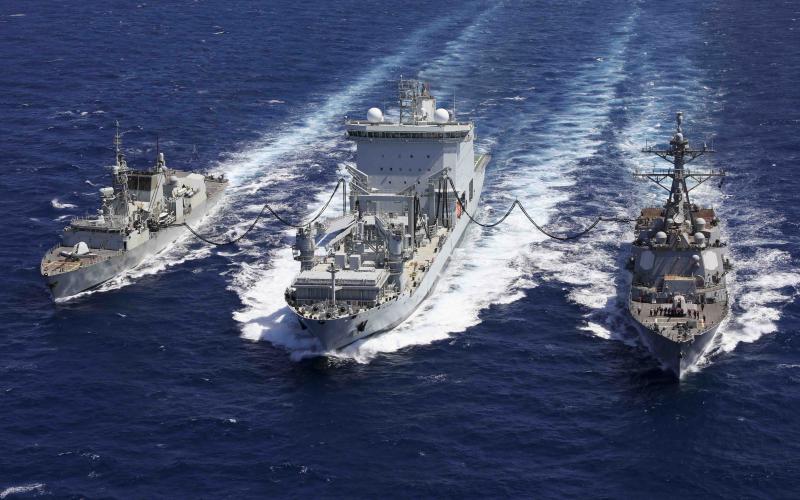
2023-06-03 | BY Lei Xiaolu
The international order should not be based solely on the national interests of any single country, or following the standards of a few countries, but rather on the common interests of all countries. The international order based on international law provides a strong mechanism for safeguarding the common interests of all countries. Only by adhering to the multilateralism mechanism with the United Nations as the core, and the rules of international law, can we truly maintain lasting peace, prosperity and stability of the world. If the U.S. “FON” and “rules-based maritime order” have similar connotations, or if it really wants its position to be understood and accepted, it should seriously consider the positions and concerns of other countries on the right of navigation on an equal footing, and solve problems through bilateral and multilateral arrangements, instead of demanding other States to act according to its standards and interpretations in an imperious tone.
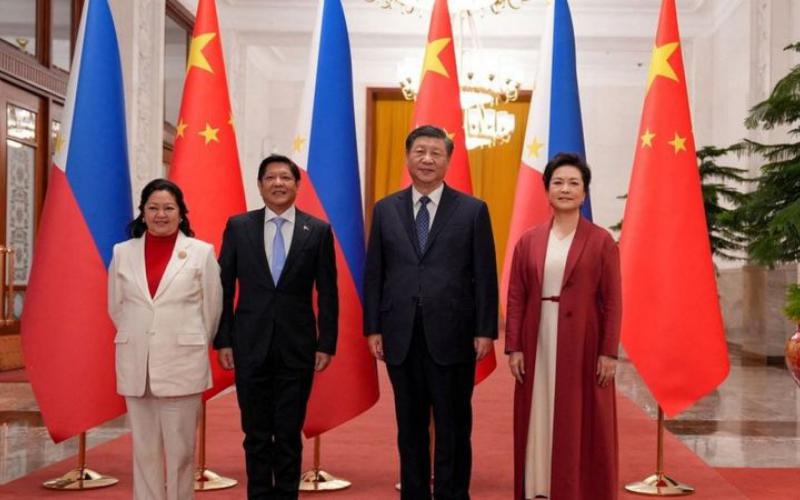
2023-04-06 | BY Hu Bo, Yan Yan, Lei Xiaolu, Zheng Zhihua
On April 3rd, the SCSPI delegation visited Manila and attended an open forum titled “7th Bilateral Consultations Mechanism (BCM) on the South China Sea (SCS): PH-CN Relations Against Stress on the SCS” with Philippines local media, organized by the Asian Century Philippines Strategic Studies (ACPH).
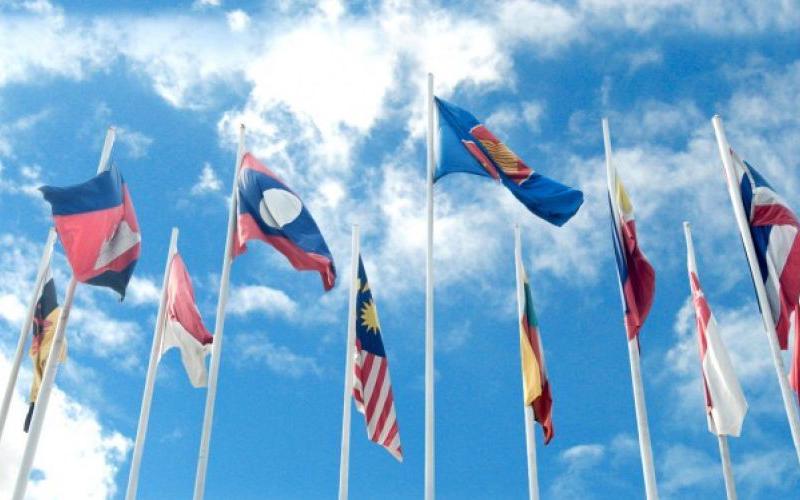
2022-11-14 | BY Hu Bo
Confidence-building measures (CBMs) are planned procedures to prevent hostilities, avert escalation, reduce military tension, and build mutual trust between countries. They have been applied since the dawn of civilization on all continents. In the South China Sea, CBMs are generally evaluated as a little low, especially in the context of rapidly expanding economic relations. Moreover, there is a wide range of doubts about why China and ASEAN member states have taken so long to conclude the Code of Conduct (COC).
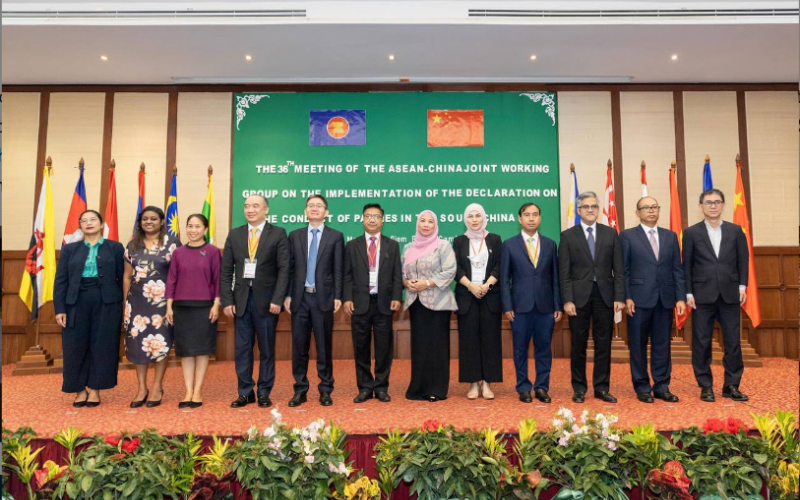
2022-10-20 | BY Yan Yan
With the opening of a new round of face-to-face negotiation and the gradual progress of the second reading, it is foreseeable that the debate over the rules and order of the South China Sea in the post-epidemic era around the COC will become one of the most complicated factors affecting the region.
